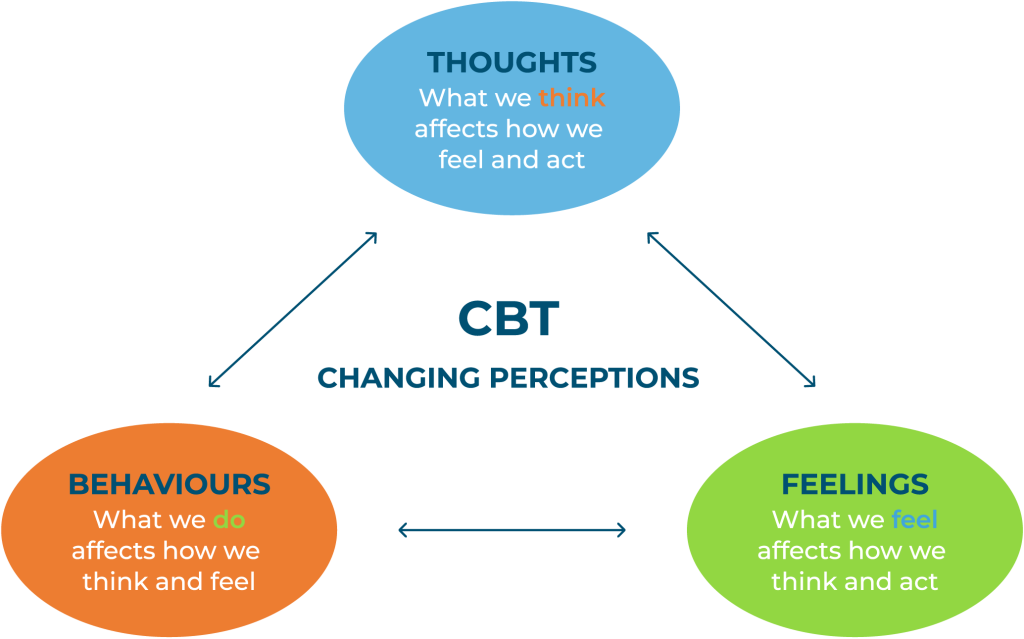I recently posted about some of the limitations found in Cognitive Behavioral Therapy (CBT). More limitations were surfaced in a new study on the effects of venting as a strategy to reduce anger.
What did the researchers find?
“…the review also sheds important light on an alternate pathway for defusing fury. What’s more, standard cognitive behavioral therapies are not effective for all brain types… This finding supports the view that decreasing arousal is an essential part of anger treatment neglected in cognitive behavioral therapy…” Link to full study here: Clinical Psychology Review
The quotation above refers to ongoing research related to neurodivergence and other nuanced aspects of human cognition; as such, I don’t want to overgeneralize beyond the findings of this new research, but coupled with my previous comments, what I’m suggesting is that ongoing research continues to find that CBT has some serious limitations. Full disclosure, as a mental health practitioner, I make use of CBT as one of the tools of choice for the work I do—it is useful to identify and label cognitive distortions!
But, more and more, regardless of the population being studied, I find traditional CBT is not helpful unless the following gets included as a part of the therapeutic process:
- Space gets created to understand why negative thoughts are arising.
- Creating this space does not further entangle the mind in a battle with thinking, i.e., what we resist persists.
- Making use of Acceptance space to engage in mindfulness practices (as well as formal meditation).
- After identifying the underlying causes for negative self-talk (call them cognitive distortions, if you like) and opening to the present moment, a serious investigation of a person’s core values should follow.

When these elements get added to the CBT toolbox, a new relationship with thinking/the mind can begin. There is more work to do from there, but the point is:
Your mind is NOT your enemy. Underlying assumptions coming from traditional CBT can lead us to think that the mind/thinking is the enemy. It isn’t!
Thoughts emerge out of the training data our minds get subjected to and the information environment informing our core values.**
When CBT tools get used to check-in with our thinking, we need to also be thoughtful about why negative thoughts are arising in the first place. From there we can make a real pivot toward values that will empower a healthy relationship with our own mind.
**Of course our minds are not just a product of our nurture, nature does play a role here too. Full stop. It can be important to address brain chemistry challenges by speaking with a good psychiatrist. How do you know if this is necessary? Well, if you’ve really tried making all of the necessary changes to your environment and you find that your mind continues to be a battleground, it’s likely time to schedule a visit with a good psychiatrist.
—
This post does not constitute therapeutic counseling or advice; the contents of this post are provided as a learning resource. We share the contents hoping that if you are in need of mental health support you will reach out to us directly or to a mental health professional in your area.